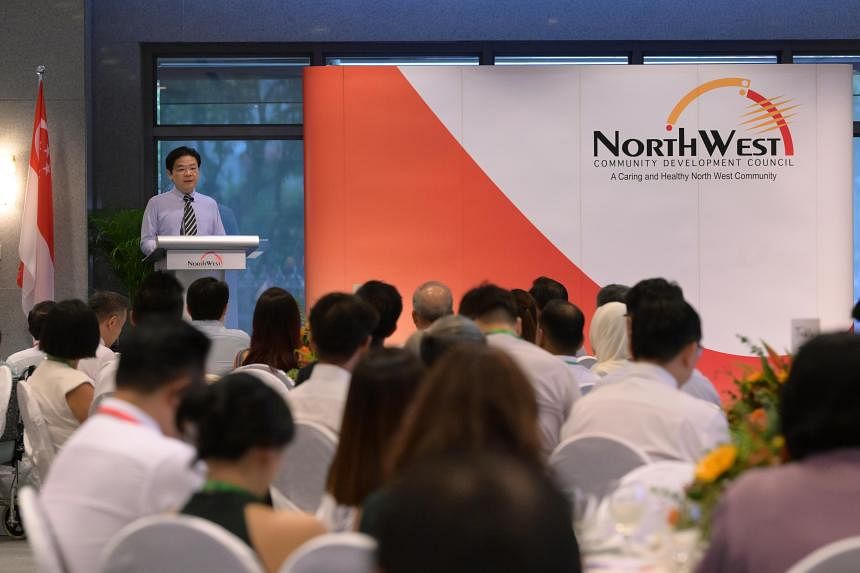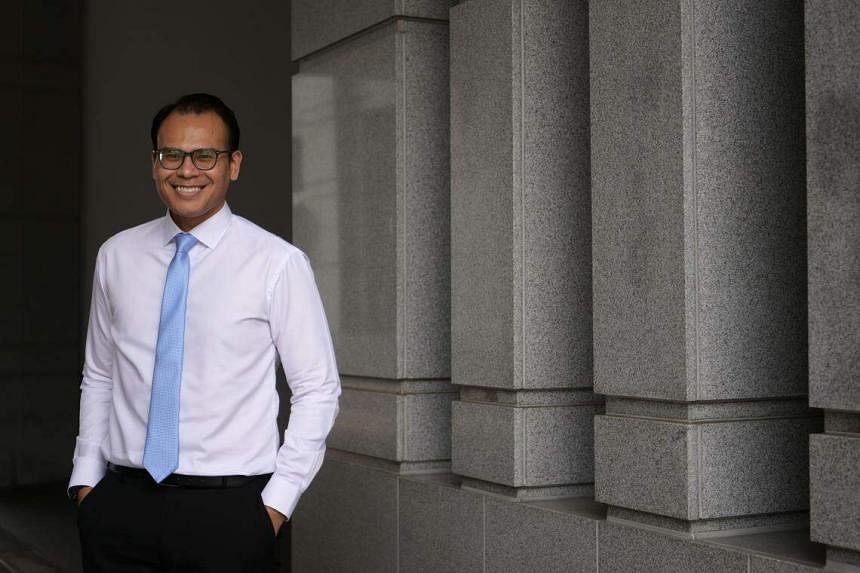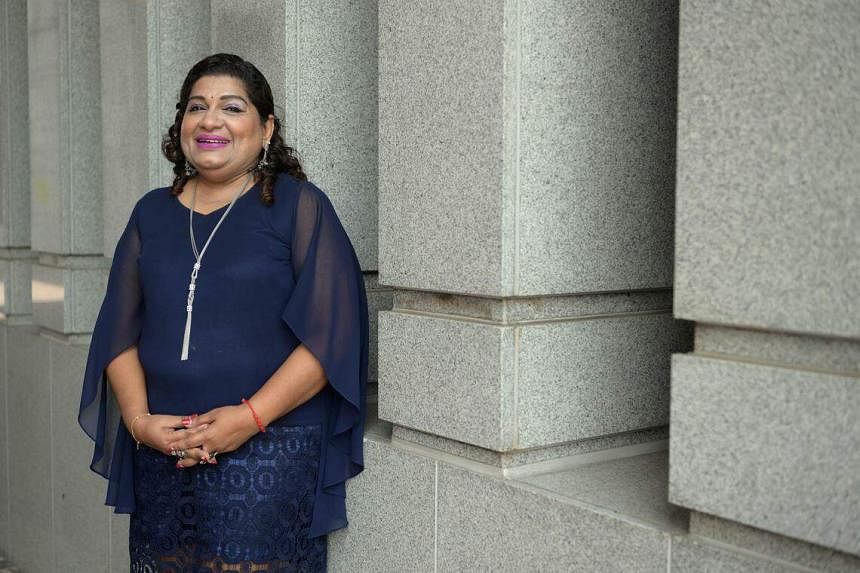
SINGAPORE – A new cost-of-living grant will see $9.5 million disbursed to the 19 divisions in the North West District, to help residents cope with rising costs.
Deputy Prime Minister Lawrence Wong announced the grant by North West Community Development Council (CDC) on Saturday.
He was giving a speech as guest of honour at the North West Council appointment ceremony and appreciation lunch held at Parliament House.
The new North West Support Grant is expected to be rolled out by the first quarter of 2024.
Over the next three years, North West CDC will continue to work with volunteers to roll out programmes for residents, with a focus on uplifting the less privileged, while also providing upskilling opportunities and connecting partners to the needs in the community, said the CDC.
At the lunch, 24 new district councillors for North West CDC were appointed and another 39 reappointed. They include leaders from the social services, healthcare and education sectors, as well as small business owners.
Their different backgrounds will enable them to better help residents facing multifaceted issues, who often require the support of multiple agencies, partners and volunteers, said North West CDC.
District councillors are part of the council, the volunteer committee that supports the CDC in running assistance programmes and bonding the community.
Mr Wong said North West CDC ran more than 250 programmes that benefited over 600,000 residents in the past three years.
These included an interim financial assistance scheme, a brisk walking programme and health interest groups for the elderly.
Speaking about the 100th anniversary of Mr Lee Kuan Yew’s birth on Saturday, Mr Wong cited a quote by Singapore’s founding prime minister: “I am calculating not in terms of the next election, I’m calculating in terms of the next generation, in terms of the next 100 years, in terms of eternity. And believe you me, for the next 1,000 years, we will be here”.
Mr Wong said ensuring Singapore continues to thrive is a collective endeavour. While Government policies are important, he said, there is also the need for a strong and active community, which CDCs help to build.
“We need every Singaporean to feel that strong culture of kinship and fellowship with one another. We need Singaporeans to look out for each other. We need people to feel that we are not just here to pursue our own individual successes.”
The councillors’ new term of office began on July 27 and will last for three years.
The line-up for this term includes young volunteers who are active in community work, such as geriatric doctor Faisal Johandi, 34, who led community engagement for the National Healthcare Group Resident Council.

Dr Faisal got more than 100 resident doctors to interact with seniors in the north-west at Community Engagement Day in July. He said this has allowed seniors and doctors to get to know each other on a more personal level.
He added that the event also had a live band seniors sang along to, a painting booth and games to improve their mobility.
“So it’s not just the routine health screening,” he said. “It’s to show them that you can enjoy yourself while you are trying to be healthy. Because when you’re having fun, your heart and your mind will be happier and healthier.”
Dr Faisal has also come up with a programme for Malay/Muslim elderly people, with weekly Zumba and other exercises, and talks on healthy eating, mental wellness and religion, to engage them on their physical, mental and spiritual health.
He said the elderly may have knowledge of healthy living but not put them into practice. “I hope that this engagement will translate into actual lifestyle modification and journey towards a better life for our participants,” he added.
He hopes to engage seniors with activities that interest them, such as cooking sessions to teach them about healthy cooking.
Another newly appointed district councillor is Ms Santha Raman, 53, a special needs educator at Minds Woodlands Gardens School.
She said she will advocate for more inclusive play areas for children with special needs, who often stay home as their parents face difficulties taking them out.

Ms Santha, who has been a special needs educator for 30 years, has given talks on autism and organised activities that include children with special needs and their families.
“They get to talk to many people, they see many people, and that’s how they get exposure. It’s also raising awareness to tell people that we are not the only ones here. We have differently abled people.”
Noticing that children with special needs often got lost on public transport, she came up with a card they can carry to get the public to help them.
Ms Santha hopes to find ways for children with special needs to communicate with others.
“Communication is a very big barrier. So if I could see a non-verbal student expressing his needs and wants, even by using a picture card or communication device, I would be very happy,” she added.
https://www.straitstimes.com/singap...ng-grant-for-residents-of-north-west-district




